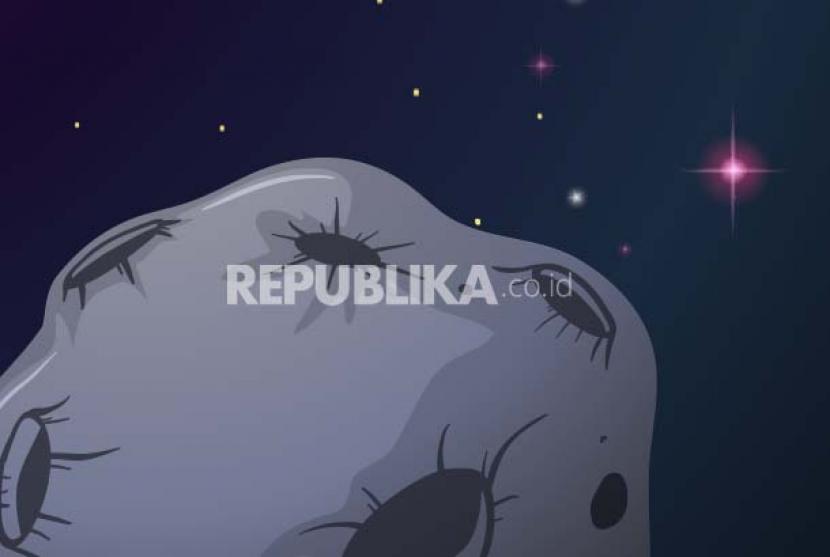S veto markets are expecting an “insanely difficult” summer due to the European Union’s partial embargo on Russian oil, financial analyst Victor Catona told Business Insider.
According to him, the only hope for lowering oil prices is raising interest rates.
“The direct effect in the near future will be an insanely difficult and insanely stressful summer,” said Cato.
Attempts to deprive the Kremlin of oil exports do not seem to have the expected effect.
“On the contrary, Russia now exports more oil than before the conflict in Ukraine, and thanks to the sharp rise in prices, it receives about $ 20 billion a month from foreign buyers,” Business Insider reported.
Will inflation in Bulgaria jump to 40%
Experts believe that the reorientation of Russian oil to the east and high demand in the West could lead to further increases in fuel prices, given the rapid recovery of the tourism sector after the COVID-19 pandemic.
After the start of the war in Ukraine, the West stepped up pressure on Moscow. Some countries have announced a freeze on Russian assets, and many Western companies have withdrawn from Russia.
The EU has already approved six packages of sanctions, including a gradual embargo on coal and oil imports.
<a rel="nofollow" href="https://www.vesti.bg/sviat/stoltenberg-s-preduprezhdenie-za-vojnata-v-ukrajna-6145503" title="
Stoltenberg with a warning about the war in Ukraine
Stoltenberg warns of war in Ukraine
Meanwhile, European countries have launched contingency plans that could lead to a reduction in natural gas consumption and even a return to coal.
Russia’s state-owned gas giant Gazprom halved supplies of natural gas through the Nord Stream pipeline to Germany last week, citing the detention of equipment in Canada as a result of sanctions over the war in Ukraine.
Russia has become China’s largest oil supplier
The European Union relies on Russia for about 40% of its natural gas consumption, and although it has banned the import of oil and coal, it has so far not taken any decisions to restrict purchases of natural gas.
On Monday, the Netherlands and Denmark announced they were working on urgent plans to tackle energy supply disruptions. In the Netherlands, authorities will plan and warn the public if gas supplies are limited, although it is unclear how to proceed in the event of a real shortage. Meanwhile, the Danish Energy Agency said that if the situation escalates, natural gas will be limited to some industrial plants so that consumers can have winter heating.
<a rel="nofollow" href="https://www.vesti.bg/sviat/bajdyn-recesiiata-ne-e-neizbezhna-6145383" title="
Biden: A recession is not inevitable
“> Biden: Recession is not inevitable
Italy is considering declaring a state of emergency in the energy sector, as Russian supplies have not covered what has been agreed for the sixth day in a row.
Germany and Austria have already launched contingency plans, which could eventually lead to limited supply.
Europe is now in the midst of a summer heat wave that is increasing demand for natural gas for refrigeration systems. Russia’s decision to suspend supplies raises questions about how the region can prepare for the winter months, when consumption is far higher.
The price of coal for delivery in Europe has risen by 152% this year, compared to a 75% increase in the price of gas. On Monday, Germany, Austria and the Netherlands said coal-generated energy could help them overcome the energy crisis next winter.
German Economy Minister Robert Habeck said the country had made a “bitter” decision to restart non-operating coal-fired power plants, but it was a “pure necessity” to reduce gas use to replenish winter storage.
Russia has threatened Europe with $ 400 billion in losses
In April, Deutsche Bank’s chief executive announced that a “significant recession” would be “virtually inevitable” if Russian oil and gas were cut off.
The situation is even worse in Austria, which imports about 80% of its natural gas from Russia.
France is not particularly worried about its nuclear power plants. Natural gas provides only 17% of the country’s energy mix.
Russia has already cut off gas supplies to Poland, Bulgaria and the Netherlands due to their refusal to pay for imports in rubles. In Bulgaria, two nuclear reactors generate one third of the country’s energy mix. Sofia is also working to diversify its energy sources, including the construction of a gas pipeline with Greece, which is expected to begin trade operations in September. The gas interconnector will be connected to an existing pipeline in Europe, which will allow the transportation of gas from Azerbaijan through Greece to Italy, Business Insider reports.
<!–

